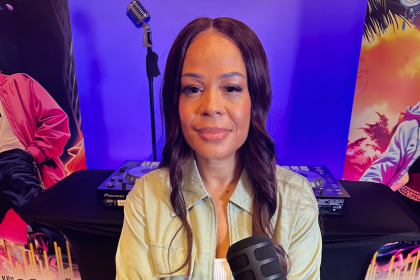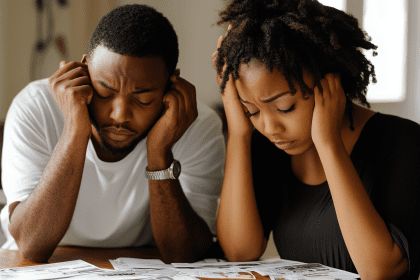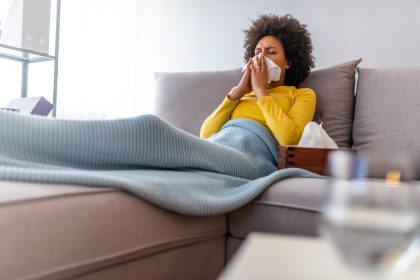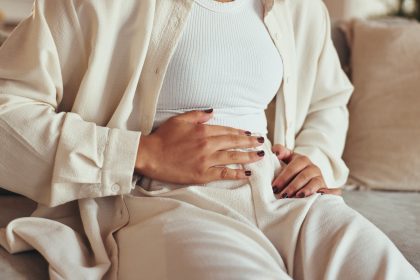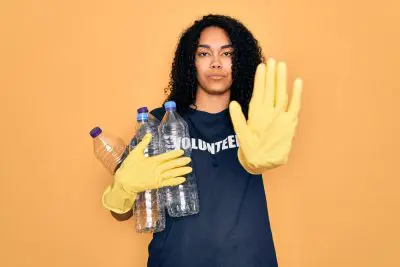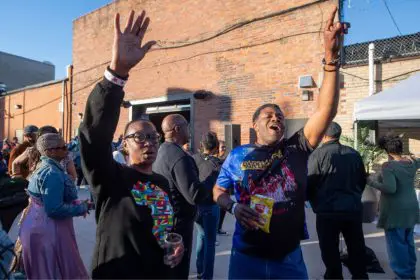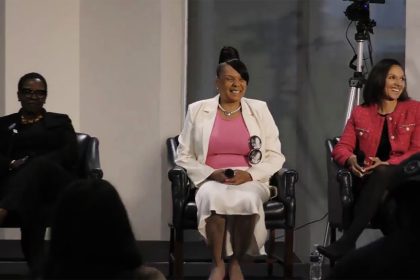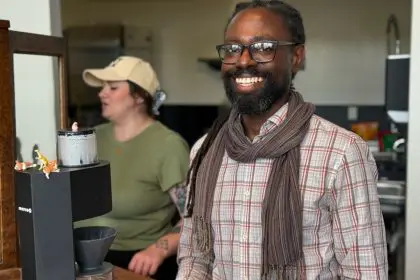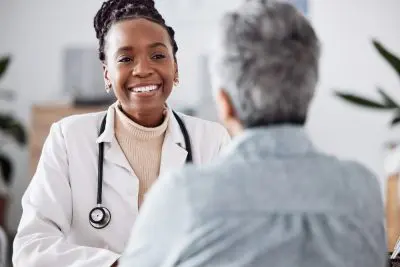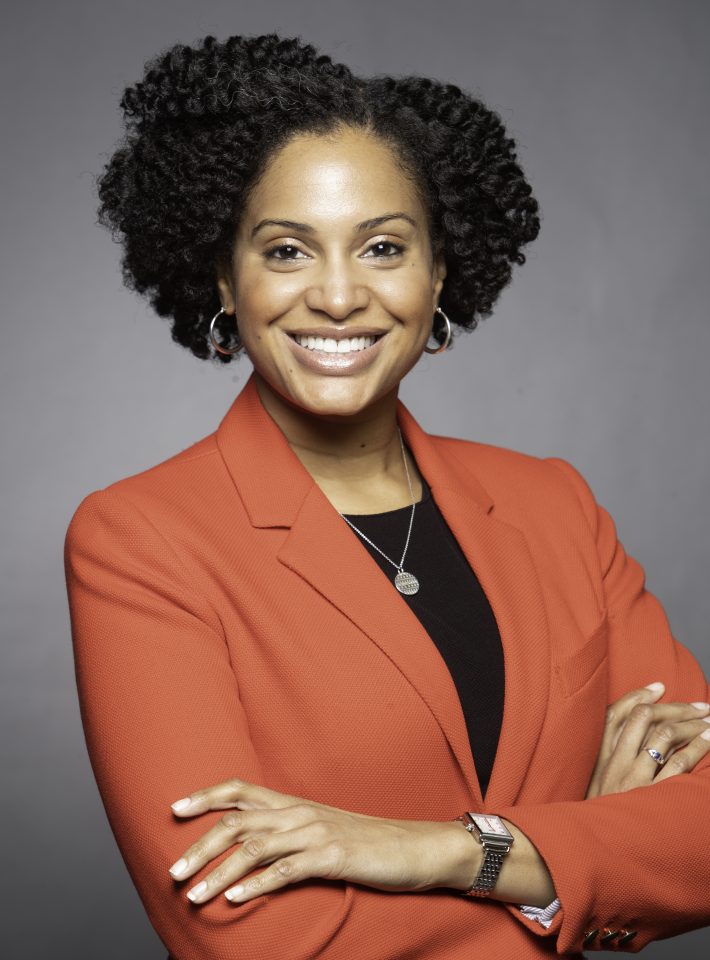
Denise Fair is the chief public health officer of the Detroit Health Department. She was appointed to the position by Detroit mayor Mike Duggan.
Fair earned a master’s in public health from the University of California at Berkeley, and a bachelor’s from the University of Michigan at Ann Arbor. She received her MBA in finance from the Mike Ilitch School of Business at Wayne State University. Fair is also board-certified in health care management from the American College of Healthcare Executives.
Rolling out spoke more with Fair about what inspires her to show up at work every day, the impacts of COVID-19 on the city of Detroit, the advice she’d give to other potential hot spots and more.
What inspires you to show up to work every day?
Detroiters and my team at the Detroit Health Department inspire me every day to make a difference. This appointment by the mayor fulfills my mission in in life, which is to make a difference.
Finish these sentences:
- I am committed to … providing motivation and inspiration to those whom I interact with every day.
- I work to … make a difference by advocating for Detroit residents’ health, well-being and safety.
- The best way to implement healthy lifestyle changes include … setting mini goals that are meaningful and attainable, and are not based upon someone else’s image or idea of who you are.
Describe the Health Department’s role in addressing the pandemic.
The mission of the Detroit Health Department is to build healthy communities where everyone has the opportunity to thrive. The core of our work is conducted through education, communication, surveillance, and emergency preparedness. Year-round surveillance and pre-crisis planning is the key to keeping residents, animals in our care, as well as visitors to our city, safe. Throughout the year, we host a variety of health and safety activities, work continually to enhance or update our organizational culture and operational policies, and we partner with other organizations around a variety of supportive services to ensure the health of our community.
What steps should people take if they think they are infected?
Persons experiencing COVID-19 symptoms such as fever with cough or shortness of breath should immediately contact their physician first, who will assess their symptoms. They should also avoid going to the emergency room or hospital unless advised by their doctor to do so. Additionally, if they are advised to go to the hospital they should wear a mask or other covering for their nose and mouth for their protection, as well as the protection of others. It’s important to note that people are recovering from COVID-19 every day.
What advice would you give other cities who may become future COVID-19 hot spots?
The primary advice I’d offer is to immediately begin conducting surveillance and providing guidance to high risk communities like senior facilities and homeless shelters. We know this virus can spread quickly, and with severe consequences, among these populations. With respect to this virus and what we know, efforts that are taken early on to mitigate inherent challenges in communal living spaces will help lessen the number of residents who are infected and hospitalized.

